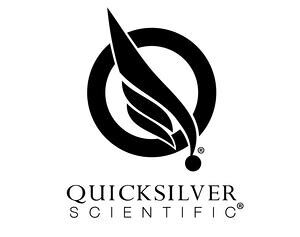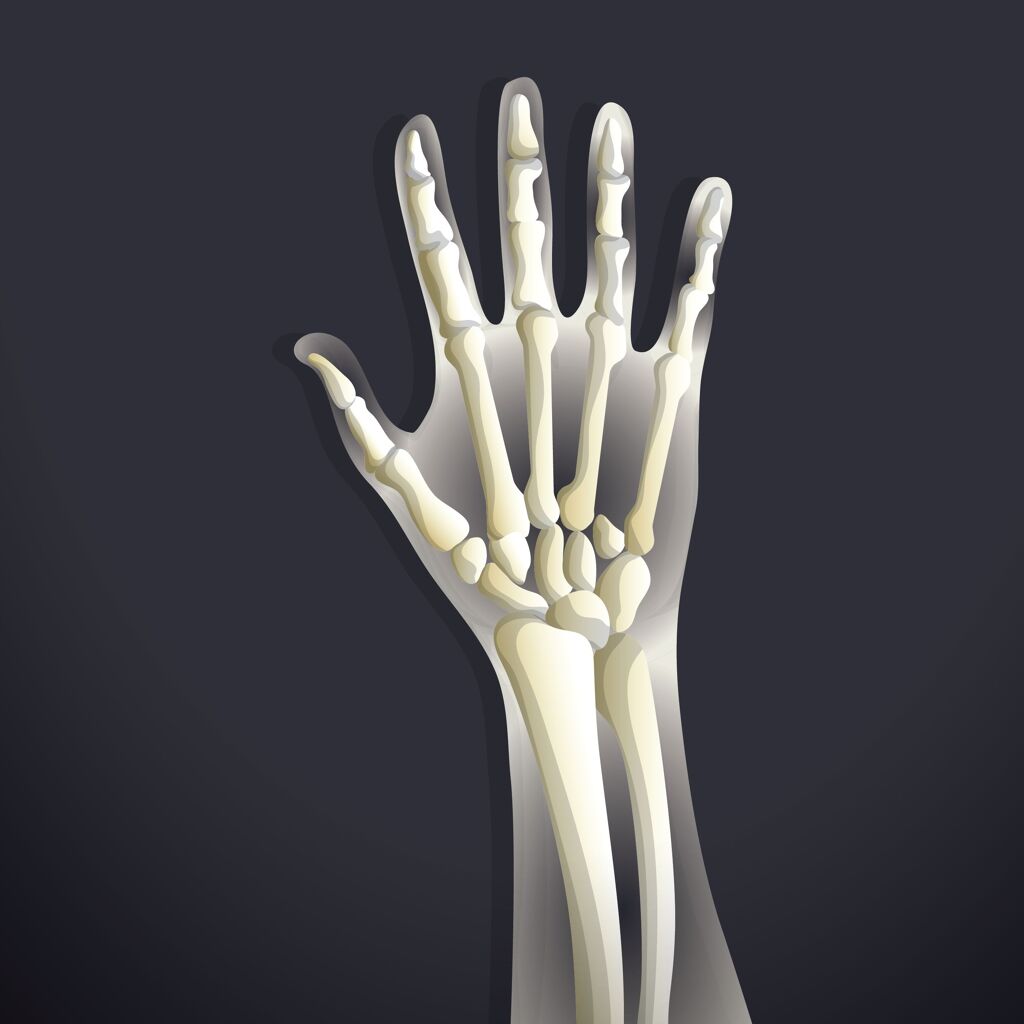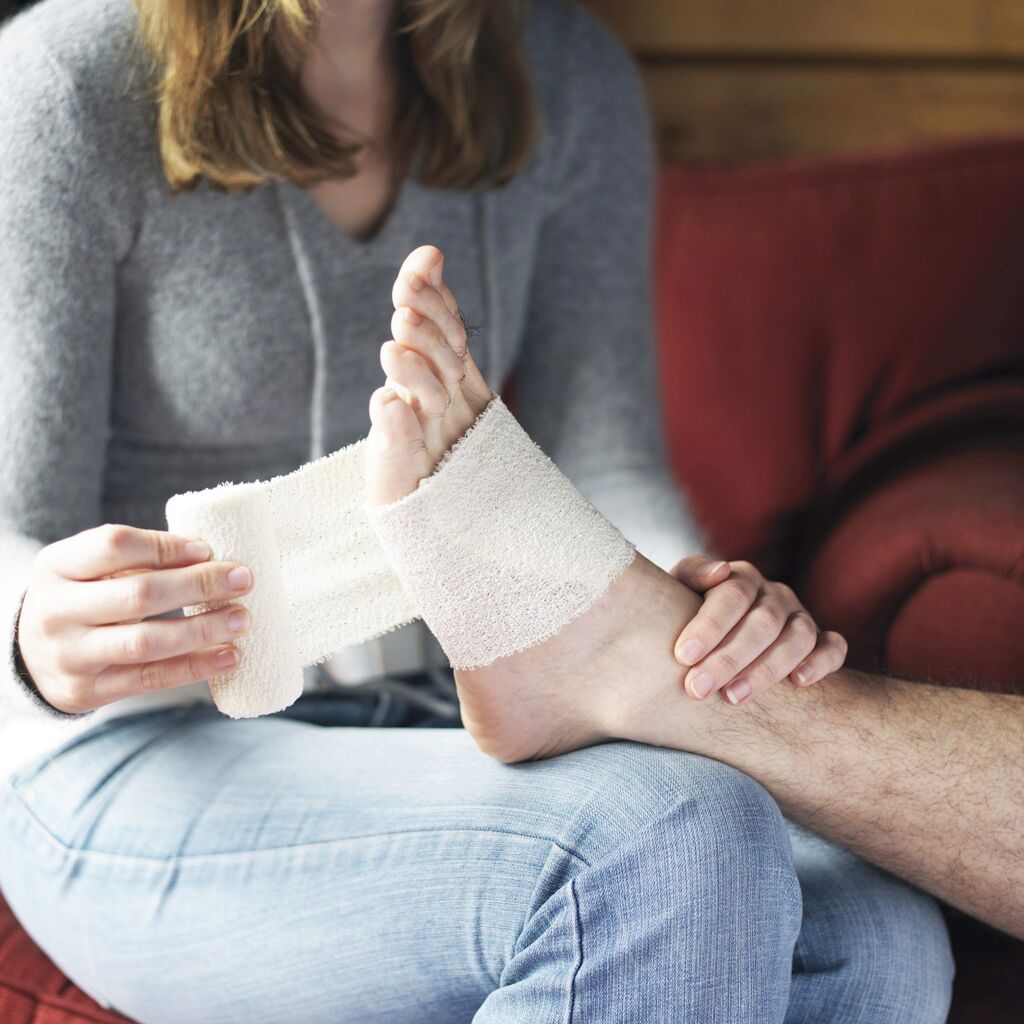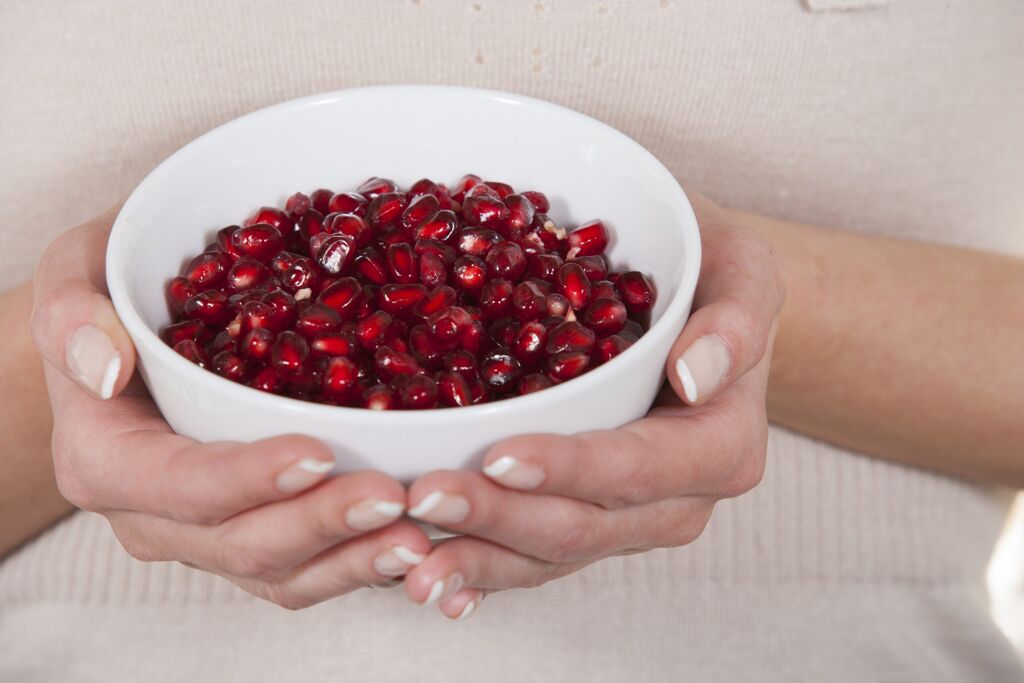The Virus Series, Part 2: Basics of Immunology and Lifestyle Practices For Immune Competence
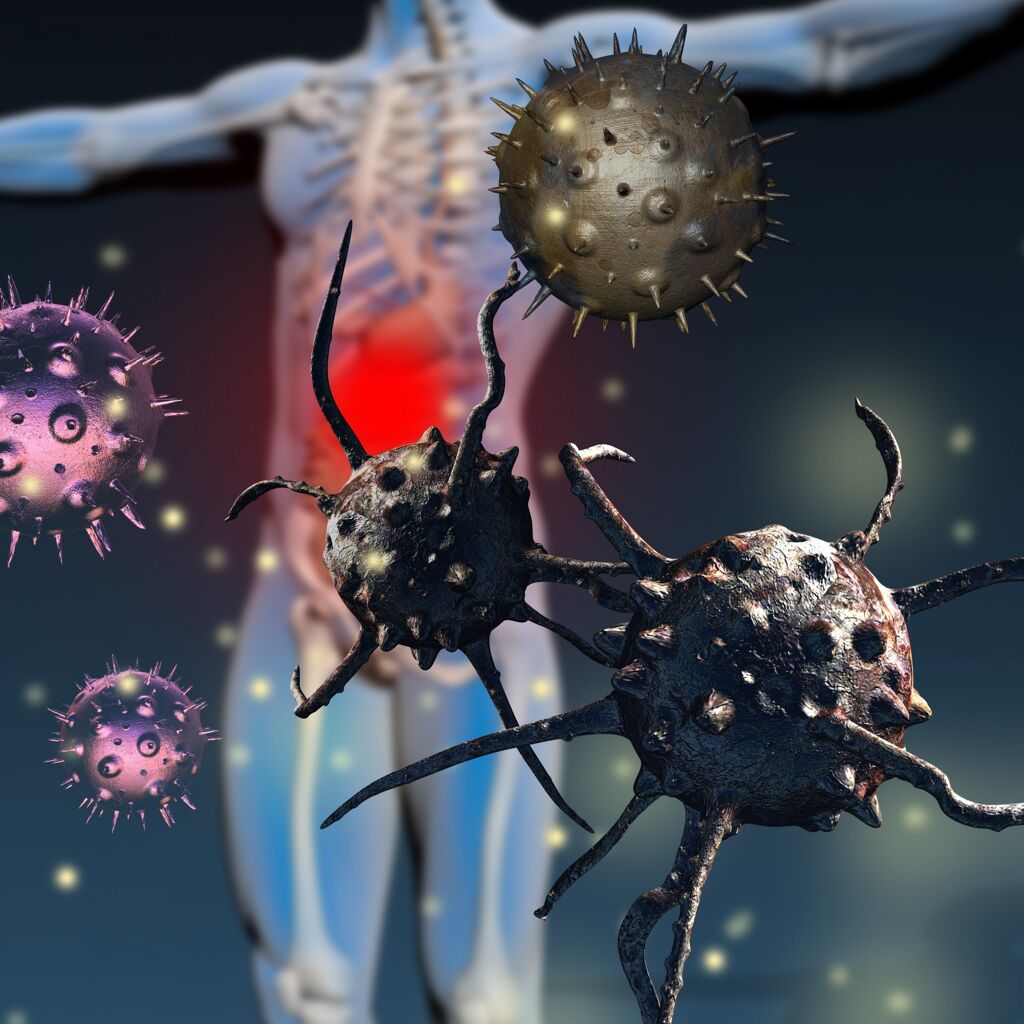
In our previous article on viruses, we discussed the fundamentals of viruses, how they cause disease, how they can benefit us, and basics of testing for viruses. In today’s article, we discuss fundamentals of immunology and how to strengthen the immune system with lifestyle factors to help mitigate the negative impact of viruses. For an abbreviated version of this article with a video, CLICK HERE.
Basics of Immunology
Life has been attempting to protect itself from harm since the dawn of biology – even bacteria have a host of mechanisms to protect themselves from viruses (specifically, bacteriophages) (Abedon, 2012) and almost all organisms have some type of defense system. This protective system is known as the immune system, one of the primary aspects of which is to differentiate self (components of one’s own body) from non-self (foreign bodies, such as viruses).
The most primitive aspect of the immune system is known as the innate immune system which likely originated around a billion years ago (Buchmann, 2014).A more recent evolution of the immune system occurred around 500 million years ago in jawed vertebrates and is known as the adaptive immune system (Kaufman, 2010).
The innate immune system reacts to non-self in a non-specific manner and is activated quickly – as soon as an invader is present. Important components of the innate immune system include:
- Physical barriers: skin, gastrointestinal tract, respiratory tract, etc. A virus cannot penetrate your skin unless you have a cut!
- Defense mechanisms: mucous, gastric acid, sweat, tears, etc. These trap, kill, or expel pathogens before they can cause damage.
- General immune responses: inflammation, complement response (which destroys invaders directly) etc.
- Innate Immune cells include phagocytes, macrophages, mast cells, neutrophils, eosinophils, basophils, natural killer cells, and dendritic cells.
The adaptive immune system is slower to respond to pathogens but does so in much more specific, educated, and targeted manner. Although its mechanisms are more complex, it is comprised of only two overarching components within the family of lymphocytes:
- B cells are formed in bone marrow (from where they derive their name). They circulate in the body and when they encounter an antigen (an identifier of non-self particles) that matches it’s receptors, divide to become either a memory B cell (to remember the invader for the future) or a plasma cell (which secretes antibodies to recognize and neutralize pathogens). B cells form what is known as the humoral (outside the cell) immune response (Janeway, 2001).
- T cells also begin their journey in the bone marrow (as T progenitor cells) but migrate to the thymus (hence the name T cell) to mature into fully formed T cells. There are three main types of T cells:
- Helper T cells: help with the activation of other immune cells.
- Cytotoxic T cells: destroy pathogens and infected cells.
- T regulatory cells: help the body distinguish between self and non-self and therefore help reduce the risk of autoimmune disorders.
Before we cover lifestyle methods of optimizing immune health, it is important to note that there are many immune system conditions (both inherited and acquired) and it is important to work with a qualified medical practitioner if you suspect you might have an immune condition. Set up an appointment with one of our experts to see if an in-depth look at your immune function could be beneficial.
To Read About Blog Topic, Scroll Down
Want To Work With Our Clinic?
Do you have a chronic or mystery illness that no one has been able to help you with? Are you simply wanting to re-connect with a healthier version of yourself? It’s Time To Finally Feel Better!
Lifestyle Factors for Optimized Immune Function
Now that we have covered the basics of what the immune system is and how it functions, what can we do to optimize it and our environment to help protect ourselves from pathological infections, including viruses? What aspects of our immunity are these modalities benefiting and how?
- Sleep: proper quantity and quality of sleep have a profound effect on immune function, including increased T cell production, communication between various parts of the immune system, and increases in certain cytokines (immune system messengers) that optimize immune activity (Besedovsky, 2011). These benefits of sleep all prime the immune system to fight viral infections.To optimize your sleep and boost your resistance to viruses, make your bedroom like a cave: cool, quiet, and dark. Important aspects of proper sleep hygiene to optimize to enhance immune function include:
- A cool environment. An ideal sleep temperature is between 60 – 67 degrees (National Sleep Foundation). Find what is comfortable for you in this range. For optimal temperature control, check out the Chili Pad or Ooler: www.chilitechnology.com (use codes chilipad25 for 25% off the chiliPAD, ooler15 for 15% off the OOLER and chiliblanket10 for 10% off the chiliBLANKET). You can also try taking a warm shower or bath an hour or so before bed, which increases sleep quality by shifting blood flow to your extremities and dropping your core temperature. Wearing socks to bed does the same thing!
- A quiet, settled space free of distractions and noise. Use your bedroom only for sleep and intimacy.
- The light you are exposed to in the hours before bed also has a profound influence on sleep quality, so try to dim your lights and keep them in the red spectrum as much as possible for 2 -3 hours before bedtime. Keep your bedroom pitch-black when you sleep to optimize melatonin production (Masters, 2015) and increase sleep quality. Get yourself a blackout blind or sleep mask!
- A regular sleep/wake cycle (within 30 minutes for both bedtime and waking – even on weekends!) keeps your circadian rhythm optimized for quality sleep.
- Get a tracker, like an Oura Ring to track your sleep quality. Although it is not perfect, it gives good directional data regarding your sleep stages (light, REM, and deep) and the total amount of time you are actually sleeping. The Oura ring even tracks your temperature, so you can observe the initial stages of a potential infection through an increase in body temperature. Observe how changes you make influence your sleep quality!
- Diet: we recommend following a whole-foods based, blood sugar-balancing, anti-inflammatory diet. Examples are the Paleo diet or a gluten-free Mediterranean diet. This type of diet:
- Provides the body with the basic nutrients it needs to support overall healthy immune function and to fight pathogens.
- Balances the inflammatory response.
- Reduces exposure to potential allergens and irritants, such as gluten, that can create an excessive immune response (mistaking non-self for self) and potentially lead to autoimmune conditions.
- Provides prebiotic fiber, which feeds the gut microbiome (another vital component of the immune system). Make sure to include vegetables like leeks and garlic (if not sensitive to sulfur compounds), sunchokes and Jerusalem artichokes (high in inulin), and dandelion greens, which are all packed with prebiotics.
- Exercise: though there is a prevalent idea that exercise, particularly intense exercise, can suppress immune function, evidence suggests that the opposite is true: exercise increases immune function, surveillance (even in the short-term) and competence and may limit and delay aging of the immune system (Campbell, 2018).
- What constitutes optimal exercise differs for everyone, so please work with one of our doctors or health coaches to determine a regimen for you.
- Forms of exercise that are generally beneficial for most people include walking, tai chi, yoga, rebounding (great for moving lymph, which carries B and T cells!), and swimming.
- Stress Management: due to evolutionary pressures, stress exerts various detrimental effects on the immune system. Chronic stress (which we are inundated with in the modern era) can cause a suppression of both intracellular (T cell) and humoral (B cell) immunity (Segerstrom, 2006), which can make us more vulnerable to viral (and all) infections. Finding ways to reduce our stress level is crucial to maintaining immune health and resistance to pathogens. At Medicine with Heart, we specialize in mind-body medicine, so please talk with us about techniques and classes to help you optimize your stress response.
- Habitat: Although the focus (especially with the presence of SARS-CoV-2) on our environment is largely the ‘scorched earth’ approach (kill all microbes!), a more nuanced approach may be warranted. Yes, we want to sanitize when appropriate (HOCL is a great product for this!), like when we have been out of the house and may have tracked SARS-CoV-2 inside. But our environment also has a ‘biome’ that needs to be balanced. The ‘hygiene hypothesis’ states that environments that are too sanitary can actually have a negative impact on the immune system (particularly in developing children and in regards to autoimmune diseases and asthma, though sanitizing has been shown to decrease infectious disease) as there is not sufficient stimulation of the immune response or enough microbial diversity to build a strong and balanced immune system (Okada, 2010). When appropriate, try a probiotic-based cleaner around the house!
- Air purification: the air in our indoor environments are often far more polluted than outdoor air and viruses can be much more easily transmitted inside than outside. Try an air purifier that has been shown to remove viruses from the air! AirDoctor and IQAir (use code IQ50470 for 5% off IQAir) are great options.
The immune system is intricate and extraordinarily complex and has developed over hundreds of millions of years to protect us from infections. Enhancing our body’s innate intelligence with daily lifestyle choices is a powerful way to boost our immunity, increase resistance to viral pathogens, and develop vibrant wellness.
Keep an eye out for part three of this series, where we will focus on supplements and nutraceuticals that assist our resistance to and treatment of viral infections and the effects they have on our immune system.
Are You Suffering From A Chronic Illness?
Does your current health situation look like this…
- Do you feel that you have tried many things and either nothing works, or the treatment does not hold?
- Have you been told that there is nothing that can be done to reverse your illness and you just need to manage symptoms?
- Does your illness impact your work, your family, your happiness and your social life?
We specialize in finding answers and solutions for complicated chronic illness when people feel like they have tried everything. If this sounds like you, book a free call with us to see if we are the right fit for your health goals.
Dr. Miles has spoken for the following organizations:

